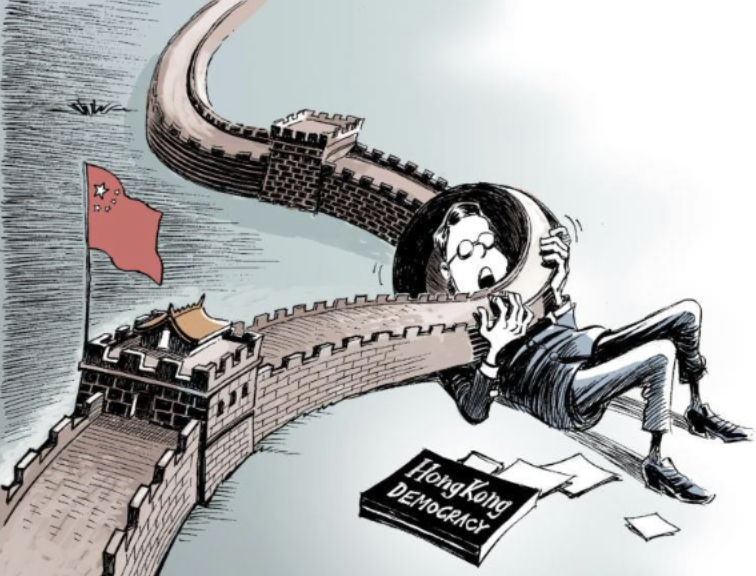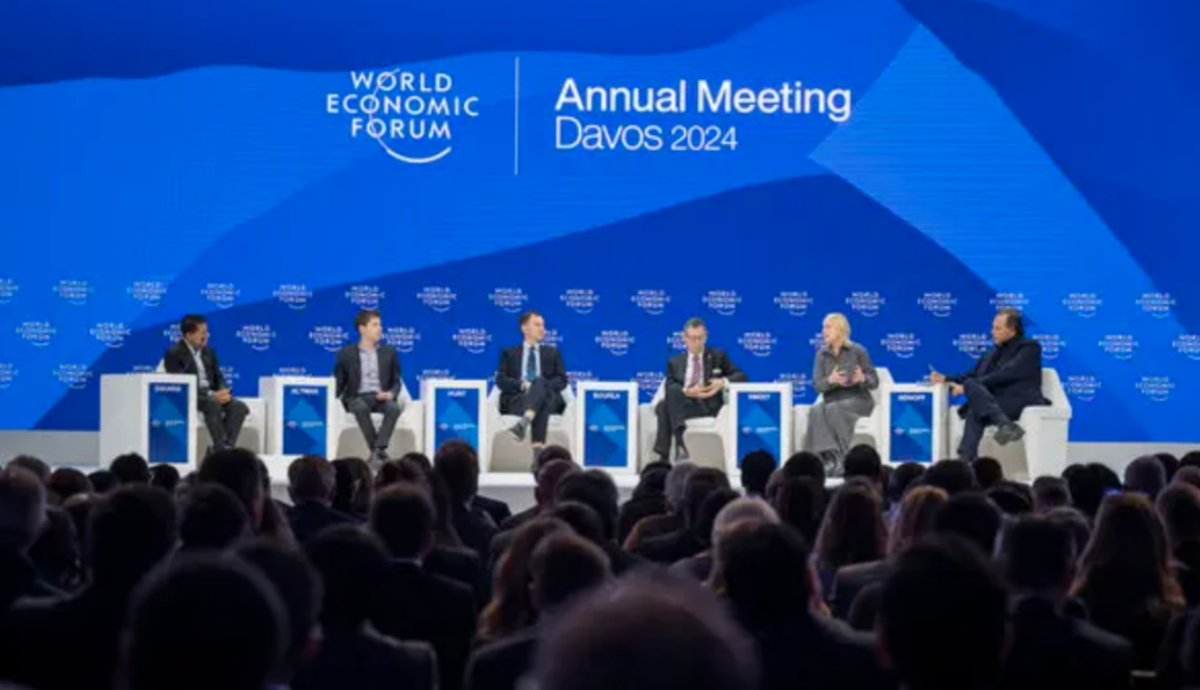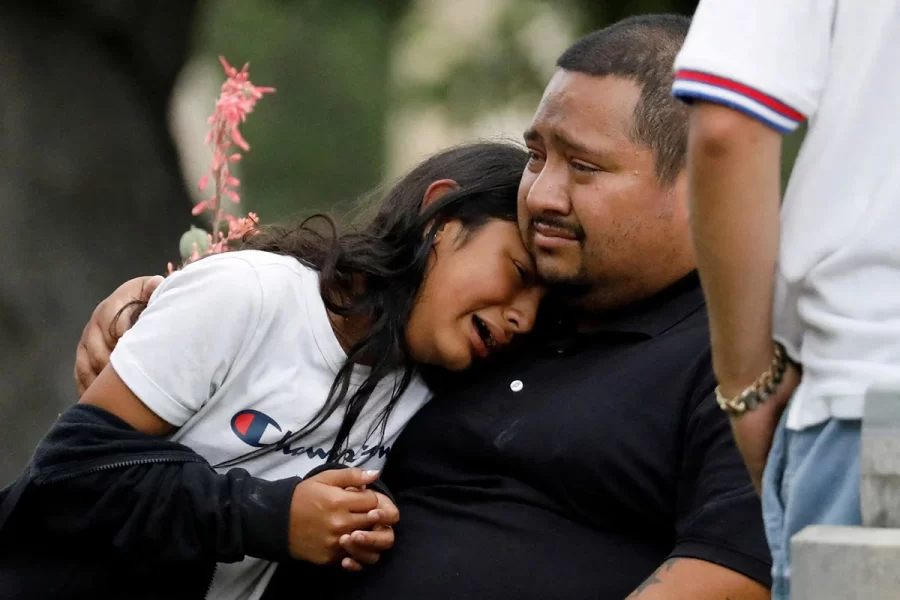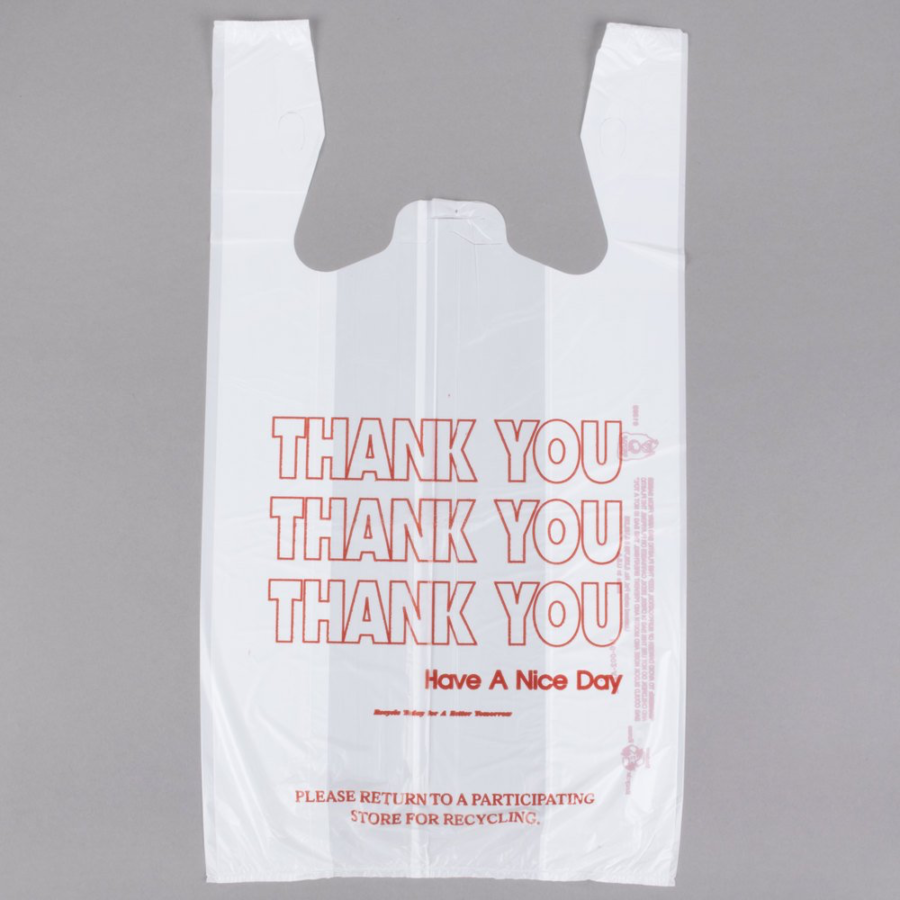Last summer, my family hosted some longtime friends visiting from Italy. Over delicious meals and fun in the sun, I got to speak with one of our guests, a European Community official working on a European Union mission in the Western Balkans. At first, I did not know much about the region. But as we talked more, I became fascinated by how international aid, diplomacy, and power dynamics shape everyday life in that part of the world.
That conversation stuck with me. I realized how little we often hear about regions like the Balkans in the news, and how deeply global decisions—like foreign aid funding—can affect people’s lives and the course of democracy. That interest has only grown since, especially with recent changes in U.S. foreign policy.

A Sudden Shift in U.S. Aid Policy
In a surprising and controversial decision, the President Trump has announced a freeze and possible discontinuation of USAID operations. This has already caused devastating effects in some of the world’s most vulnerable regions, particularly in Africa, where many communities rely on this aid for critical support such as food, clean water, and health services.
The ripple effects are being felt globally, including in the Western Balkans—a region comprising the former Yugoslav republics and Albania. While USAID contributes a smaller financial portion here (roughly $10–15 million annually, compared to the EU’s €300 million), the impact is still significant. That’s because USAID funding is specifically targeted toward NGOs that promote democratic practices, civil rights, and government accountability.
These organizations help foster open elections, citizen participation in policymaking, and the protection of minority groups—cornerstones of a healthy democracy. Without this funding, many of these efforts are now at risk.
The Trump administration has also introduced uncertainty in U.S. foreign policy. Where the Biden administration actively supported the integration of the Western Balkans into the European Union, the current direction remains unclear. This leaves other global actors—especially the EU—facing difficult questions about how to respond.
What is the point?
Our school community is busy at work this time of year. Whether you are deep in college applications, prepping for finals, or planning your summer, it feels like there’s barely time to breathe, let alone dive into such complicated and fluctuating foreign matters.
But maybe that’s exactly why it is worth pausing and paying attention.
The decisions being made right now—by governments, organizations, and global powers—are shaping the world we will step into after high school and college. Whether it is where aid money goes, who has influence in global diplomacy, or how civil society survives, these changes are building the reality we will inherit.
Taking a little time to connect, reflect, and understand what is happening can help us not only become more knowledgeable, but become better people in general. What we do now could help us shape a better future.

Join the Project: Research + Reflection Over Spring Break
I would love to write more about this incredibly relevant and complex topic—and I am inviting you all to join me. With U.S. policies shifting, it is important that we, as global citizens, understand what this means for regions like the Western Balkans and how the world order might be changing.
As part of this research, I would like to explore how other emerging global powers—such as China and Russia—are stepping into the gap left by the U.S. in regions like the Balkans. Understanding this broader picture can help us better grasp the global power shifts happening today.
I am also curious about how civil society organizations are responding—whether by turning to EU support, forming new regional alliances, or developing creative strategies for survival and advocacy.
I will be working on this project during spring break (April 14–18), and I am totally open to collaborating with anyone interested in international relations, history, politics—or even just learning something new. Whether you want to help with research, writing, or even just brainstorming ideas, I would be happy to work together.
If you are interested, feel free to message me. This is a unique opportunity to dive into a real-world issue that affects people far beyond our borders—and to do something meaningful with our time and curiosity.










